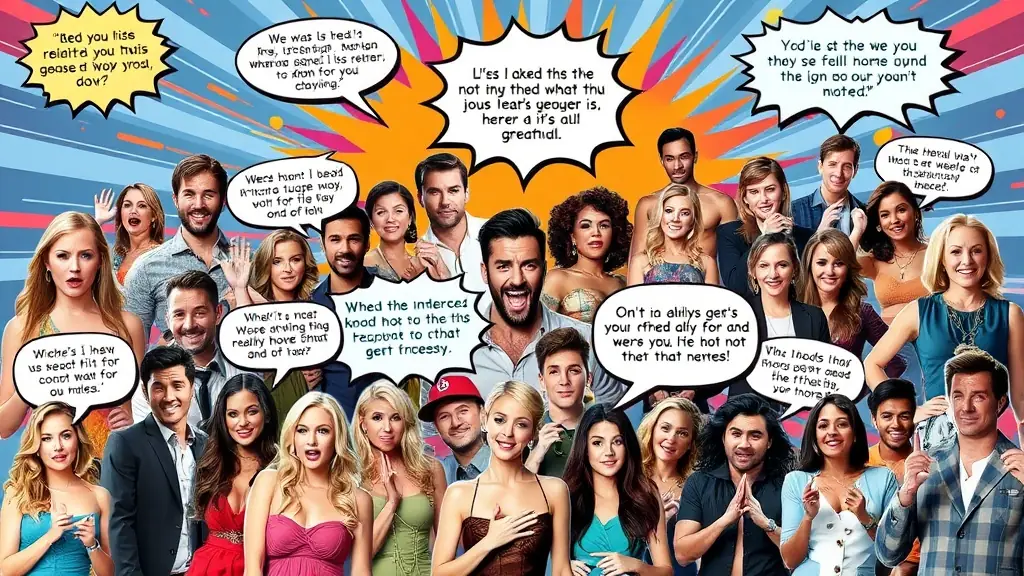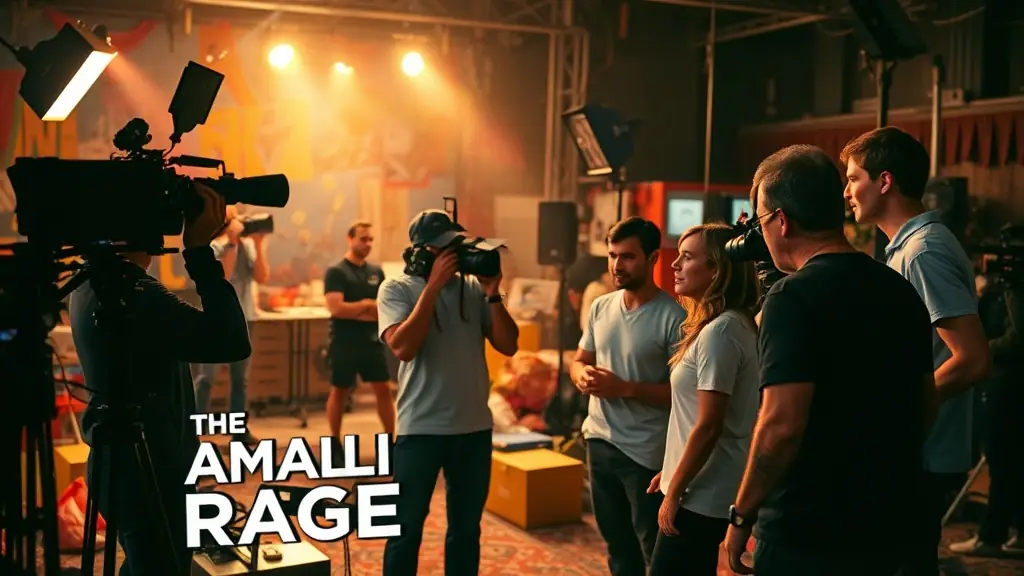Reality TV has become a staple of modern entertainment, captivating audiences with its unscripted drama and relatable characters. From the early days of shows like ‘Survivor’ to the explosive popularity of ‘The Real Housewives’ franchise, reality television has evolved significantly. This genre not only entertains but also reflects societal trends and cultural shifts, making it a fascinating subject for analysis. As viewers, we find ourselves drawn to the authenticity and unpredictability that reality shows offer, creating a unique bond between the audience and the participants.
The impact of reality TV extends beyond mere entertainment; it has influenced fashion, language, and even social norms. Contestants and stars often become cultural icons, shaping trends and inspiring millions. Shows like ‘Keeping Up with the Kardashians’ have not only entertained but also launched successful business ventures for their stars, showcasing the potential for fame to translate into real-world success. This phenomenon raises questions about the nature of celebrity and the role of media in shaping public perception.
As we look to the future, reality TV continues to adapt and innovate, with new formats and concepts emerging regularly. Streaming platforms have opened the door for niche reality shows that cater to specific interests, further diversifying the genre. The ongoing evolution of reality television promises to keep audiences engaged and entertained, ensuring its place in the entertainment industry for years to come.








